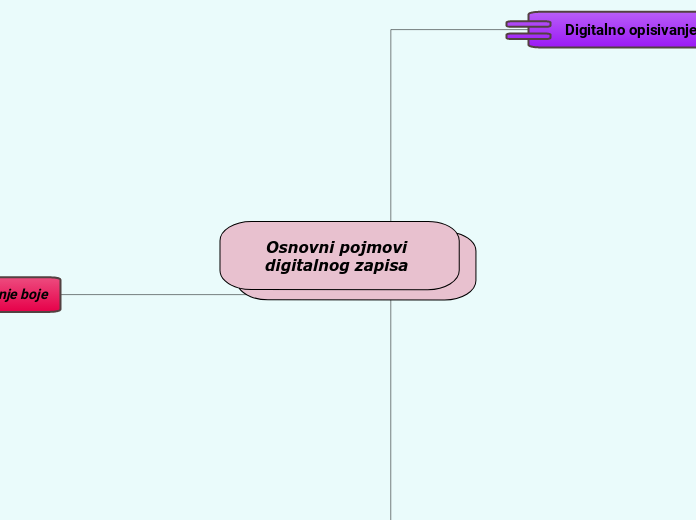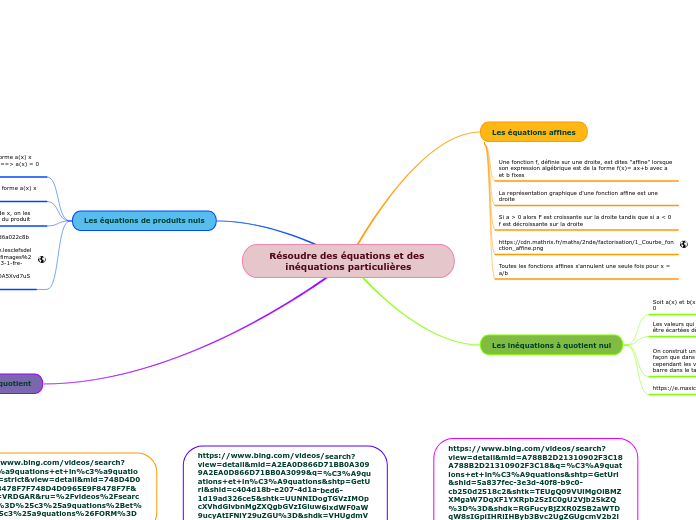Osnovni pojmovi digitalnog zapisa
The part of speech is a category to which a word is assigned according to its syntactic functions. In English the main parts of speech are noun, pronoun, adjective, determiner, verb, adverb, preposition, conjunction, and interjection.
Sustavi za opisivanje boje
A preposition is one of the most exciting parts of grammar. A preposition is used to describe the location of something in relation to something else.
Fotografija
Datoteke
Digit all
When a preposition consists of more than one word, it is called double preposition.
into, within, upto etc.
BIT 101100101110
Compound preposition consists of two or more words.
on behalf of, according to, in front of, from across, etc.
Birnarni sustav
When a preposition consists of one word it is called single or simple preposition.
in, at, on, to for, of, from, up, after, over, under, with, etc.
Grafika
A conjunction is a word like 'if' 'but' or 'and' which is used to connect sentences or clauses together.
Vektorska
Subordinating conjunctions are conjunctions that are used at the beginning of subordinate clauses. Some examples of these conjunctions are: although, after, before, because, how, if, once, since, so that, until, unless, when etc.
Matematićki model
Bitmapna
Coordinating conjunctions always connect phrases, words, and clauses. They are: for, and, nor, but, or, yet, so.
Rezolucija
Pikseli
Dubina boje
Digitalno opisivanje slike
A pronoun is a word that can be used in place of a noun, typically after the noun itself has already been stated.
Gamut
Unlike demonstrative pronouns, which point out specific items, indefinite pronouns are used for non-specific things. This is the largest group of pronouns. All, some, any, several, anyone, nobody, each, both, few, either, none, one, and no one are the most common.
None, Several
Refleksija
A reflexive pronoun ends with ...self or ...selves and refers to another noun or pronoun in the sentence (usually the subject of the sentence). The reflexive pronouns are myself, yourself, herself, himself, itself, ourselves, yourselves, and themselves.
Create sentences
Itself, Himself
Emisija
Additional info







